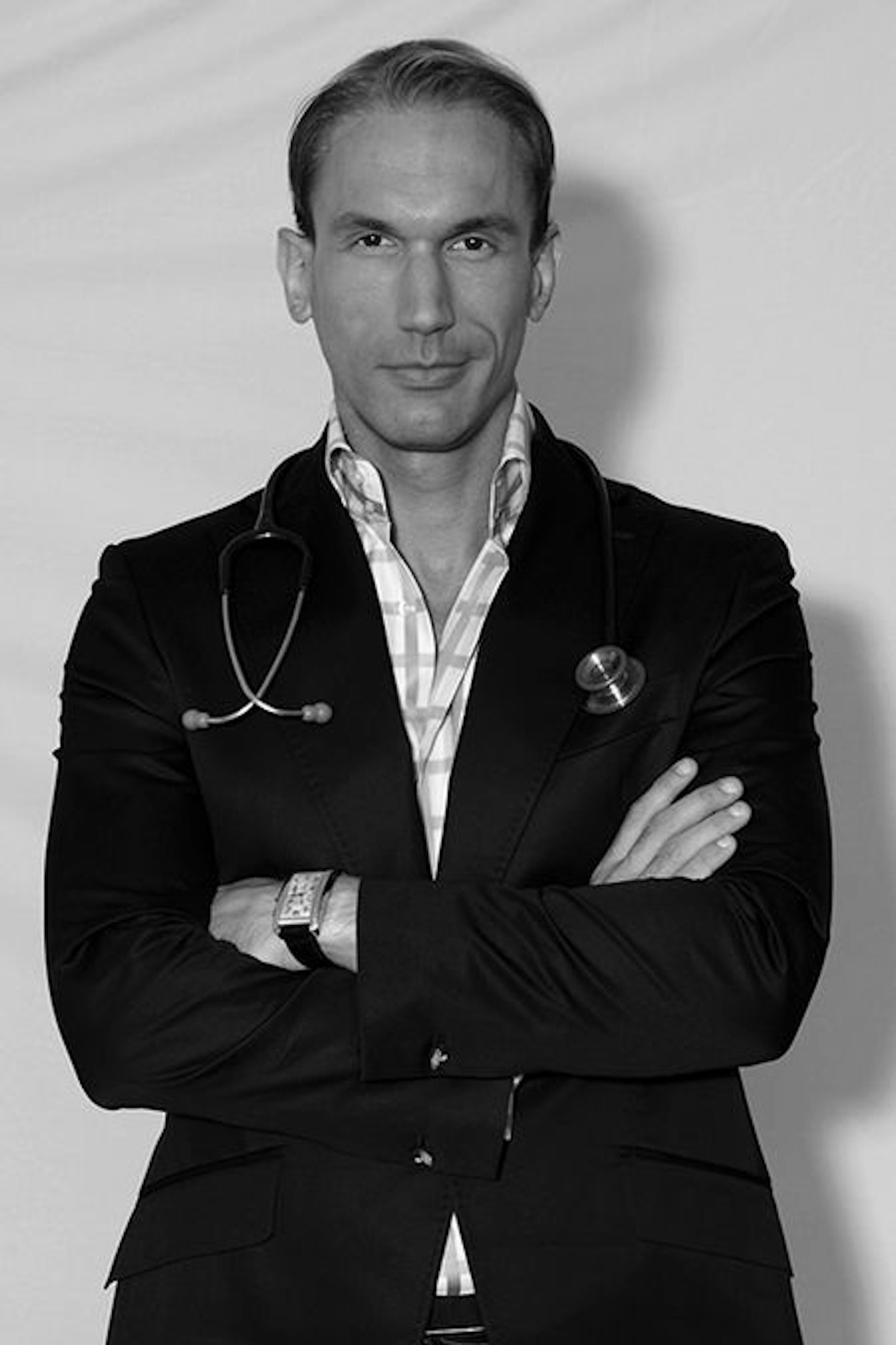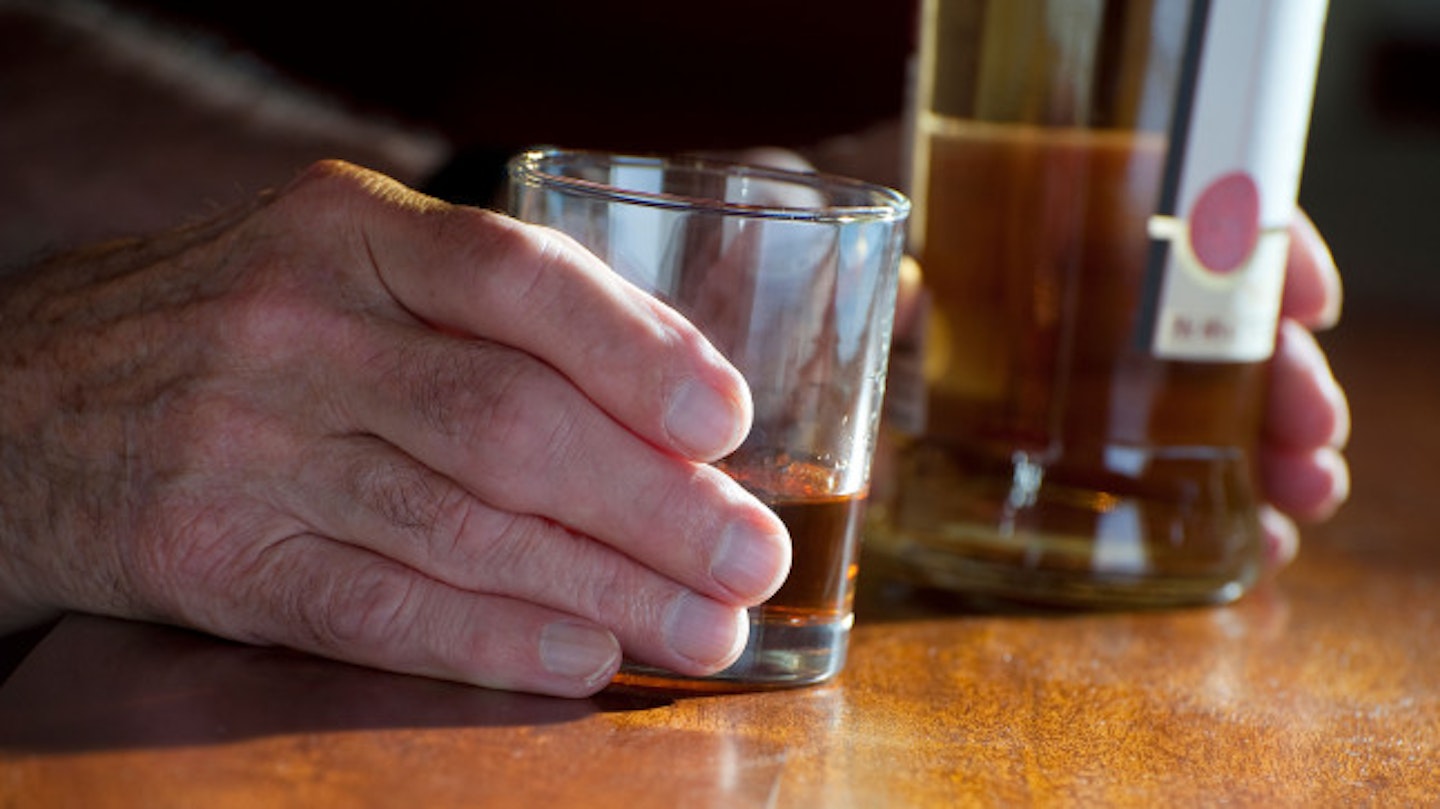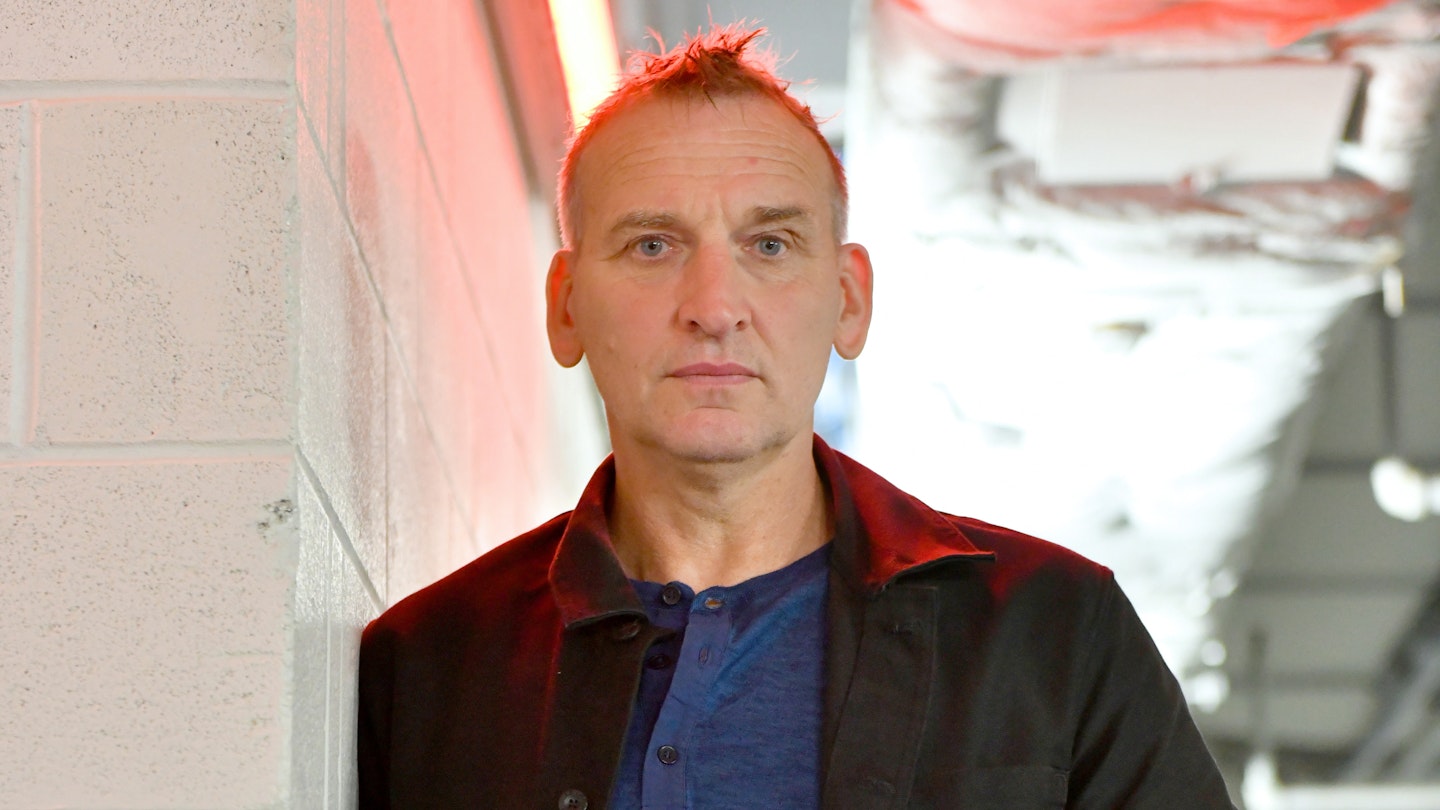Last month, Dr Who actor Christopher Eccleston opened up about the difficulty of living with an eating disorder, revealing the condition led him to consider suicide. Eating disorders are still sometimes seen as a “female” problem, yet studies estimate up to a quarter of sufferers in the UK are male. There are ways to help someone who may be affected.

Watch social media
The number of boys receiving treatment for eating disorders has doubled in recent years due to pressure from social media and a muscular look some men aspire to. Eccleston said he considered his illness “a filthy secret, because I’m northern, male and working class.” The stigma for men has been to be strong physically and mentally, so some may be ashamed to admit they’re struggling with body image. This is why 90 per cent of men don’t try to get help.
Know the signs
Men and boys are increasingly dealing with self-image issues, because they look at actors, Love Island contestants, and Instagram stars, and believe they need to look like athletes. They can become obsessed with the gym, pushing their bodies beyond a healthy limit. Sufferers can become restrictive about what they eat, and develop very strict habits and routines around food. It is estimated up to a million people in the UK take anabolic steroids and other performance enhancing drugs, which can increase risk of high blood pressure, cardiovascular disease, and strokes.
CHECK OUT five ways to cut down on your alcohol consumption, by Dr C
How do I know if I'm drinking too much? Five steps to help you cut down by Closer's Dr Christian
_646x363.jpg?auto=format&w=1440&q=80) 1 of 5
1 of 5CB9KKN(1)
Be honest with yourself. Keep a diary of your alcohol intake so you can see exactly how much you're getting through in a week.
 2 of 5
2 of 5CC3M0W
Set yourself some rules – like no drinking on certain days of the week, no booze before 7pm, and only drinking on alternate days.
 3 of 5
3 of 5BH6HWX
If you're on a night out, substitute every second drink with water or a soft drink. Opt out of rounds and don't let others put pressure on you.
_646x363.jpg?auto=format&w=1440&q=80) 4 of 5
4 of 5B59T34(1)
Talk to family and friends so you have their support – and don't let them goad you into "one more drink". Make sure they understand you're doing this for your health and need their encouragement.
_646x363.jpg?auto=format&w=1440&q=80) 5 of 5
5 of 5CWFGHH(2)
If you find yourself struggling and think you need more help, see your GP. As well as referring you for further support, they can offer medication to reduce cravings or help you stop altogether.
CHECK OUT Gail Porter: 'When they projected me onto the Houses of Parliament I thought I was fat’

READ MORE health news
Cryptic pregnancy: ‘I had no idea I was nine months pregnant’
Four things I didn't know about my Nutribullet before I got one
If you’re worried, there are signs to look out for. Have they become very concerned about food, have they lost more than a stone in the last three months, do they ever feel out of control when it comes to eating, or are they anxious if they don’t exercise? If they’re working out a lot, they may have overuse injuries like stress fractures, and they may keep getting ill thanks to an exhausted immune system – but go to the gym regardless. They may be sacrificing other commitments for a session, and if they miss one they may be visibly stressed.
Offer support
If any of these signs sound familiar, talk to them, calmly and non-judgmentally. Eating disorders have the highest death rate of any mental health illness, so if you’re worried, raise your concerns and support them to get treatment. Eating disorders are complex, but can be beaten with the right help.
Visit websites like eating-disorders.org.uk or beateatingdisorders.org.uk for more information.
